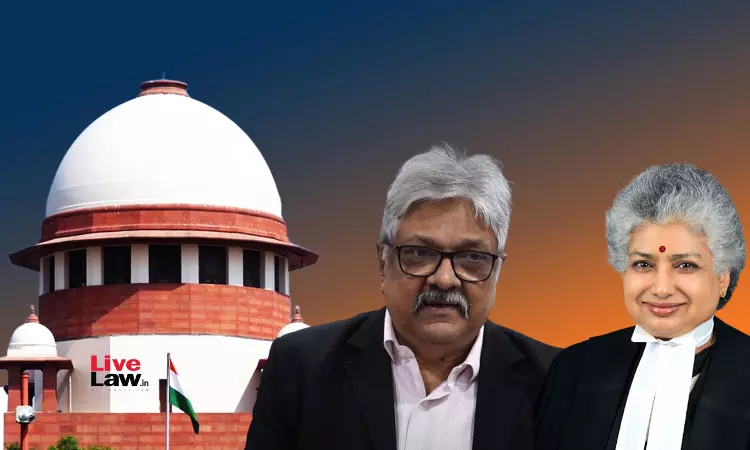Child Adopted By Widow After Death Of Govt. Employee Not Entitled To Family Pension : Supreme Court
Ashok KM
17 Jan 2023 5:32 PM IST

Next Story
17 Jan 2023 5:32 PM IST
The Supreme Court held that a son or daughter adopted by the widow of a deceased government servant, after the death of the government servant, cannot be included within the definition of ‘family’ under Rule 54(14)(b) of the Central Civil Services (Pension) Rules, 1972 to claim family pension.The definition of the term ‘family’ cannot be extended to include those persons who were not...
